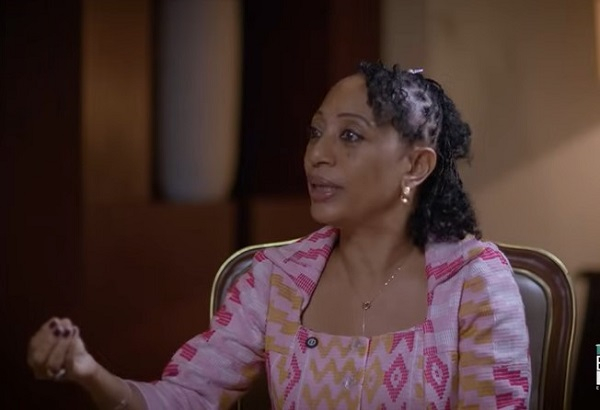- Samia Nkrumah discussed theories surrounding her father’s death, including cancer and possible poisoning.
- She noted her father’s trusted chef, Mr. Amoah, died mysteriously during exile, raising concerns about food tampering.
- Samia recounted the 1962 Kulungugu bomb attack, which left shrapnel in Nkrumah’s body.
- Her father reportedly feared the lead from the bomb could shorten his life.
- She highlighted the cumulative stress and setbacks Nkrumah faced while in exile.
- Samia suggested multiple factors—poisoning, injuries, and stress—likely contributed to his premature death.
- She questioned whether better medical care in Ghana could have prolonged his life.
Samia Nkrumah, daughter of Ghana’s first President, Dr Kwame Nkrumah, has addressed longstanding theories surrounding her father’s death, shedding light on possible causes.
For decades, speculation has circulated, with some claiming Nkrumah died of prostate cancer while others allege he was poisoned. Supporters of the poisoning theory note that his personal chef, Mr. Amoah—who accompanied him into exile—died under mysterious circumstances, potentially leaving Nkrumah vulnerable.
In an exclusive interview on September 6, 2025, Samia indicated that poisoning could not be ruled out, given the sudden death of Mr. Amoah and the multiple people who had access to her father’s meals afterward.
She also reflected on her mother’s recollections of a previous assassination attempt in 1962, the infamous Kulungugu bomb attack. Samia explained that shrapnel from the explosion struck Nkrumah as children presented him with a bouquet, leaving him hospitalized for over a week. According to her mother, Nkrumah feared that the lead embedded in his body could ultimately shorten his life.
Samia further highlighted the numerous pressures Nkrumah faced while in exile, including physical, emotional, and political stress, questioning whether these cumulative setbacks contributed to his early death. She also speculated that had he remained in Ghana and accessed proper medical care, his life might have been longer.
Ultimately, Samia suggested that a combination of factors—including possible poisoning, the bomb injuries, and the stress of political challenges—likely played a role in the premature death of Ghana’s first President.

